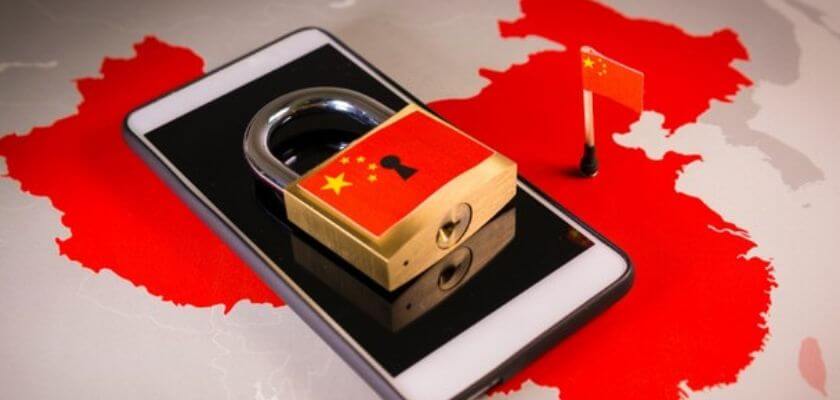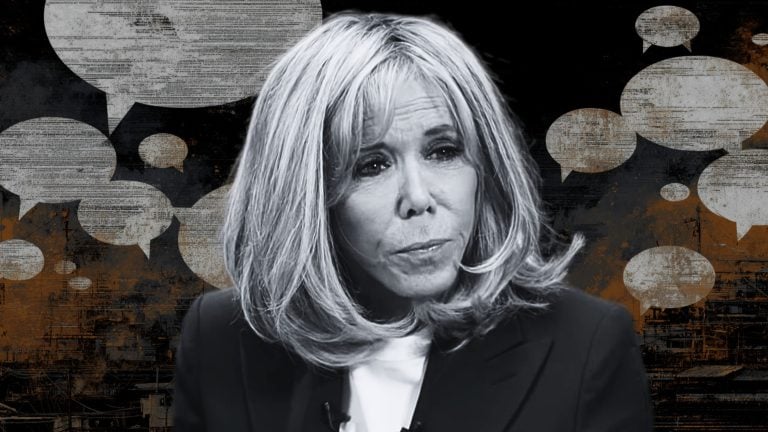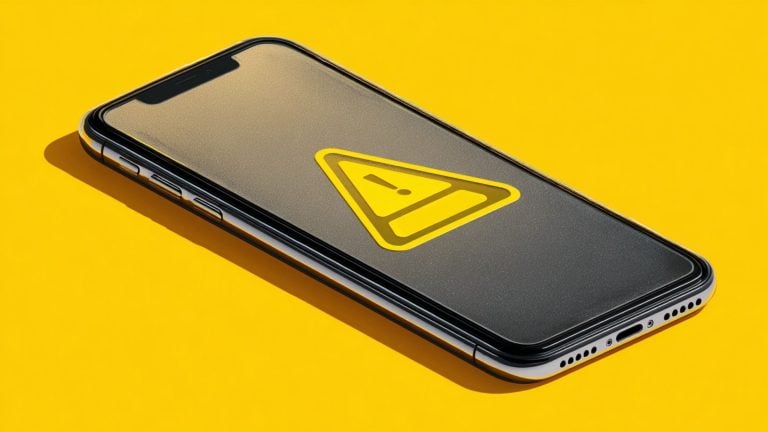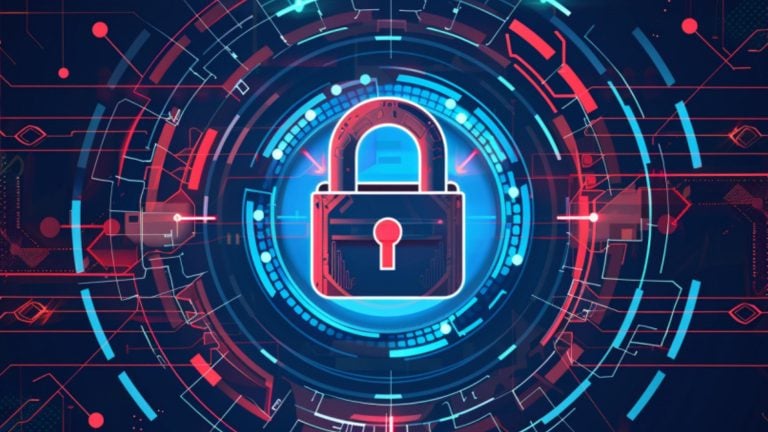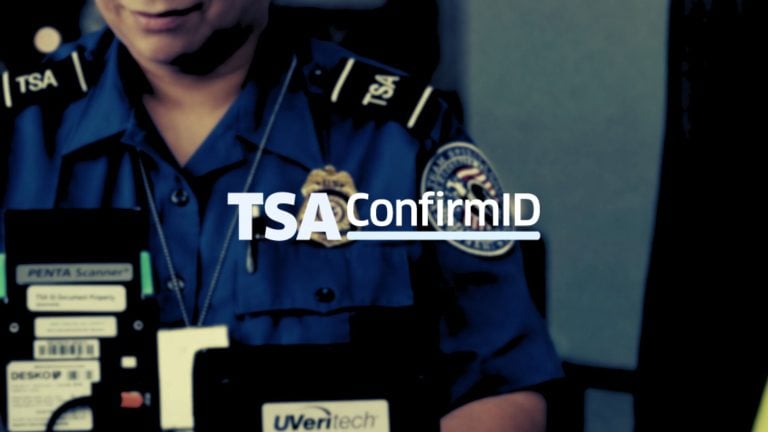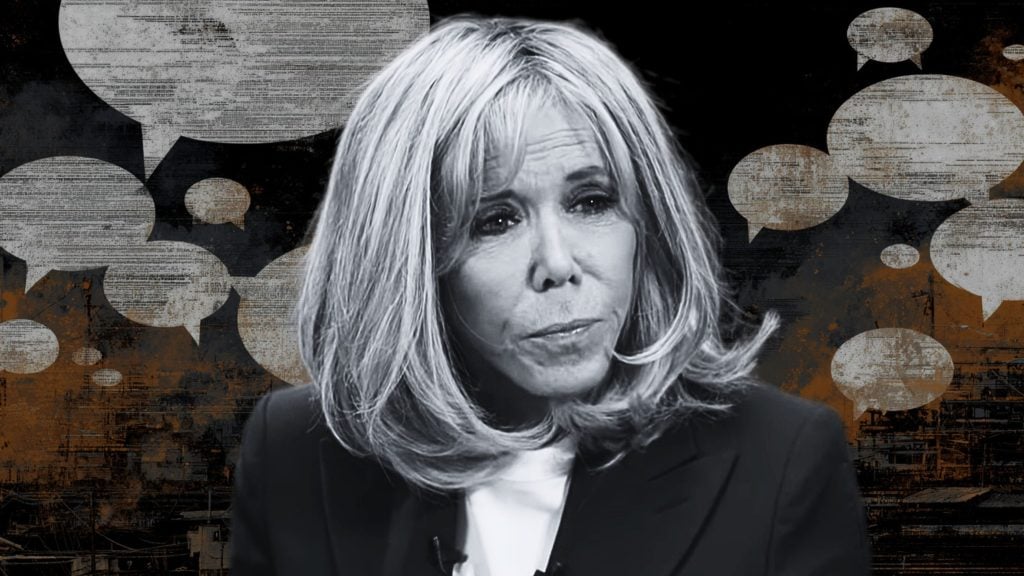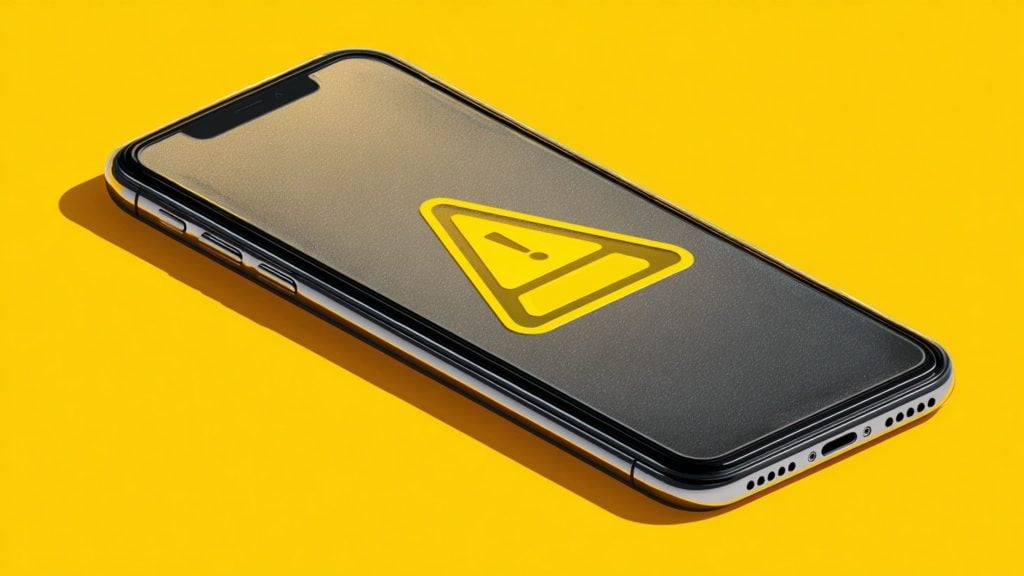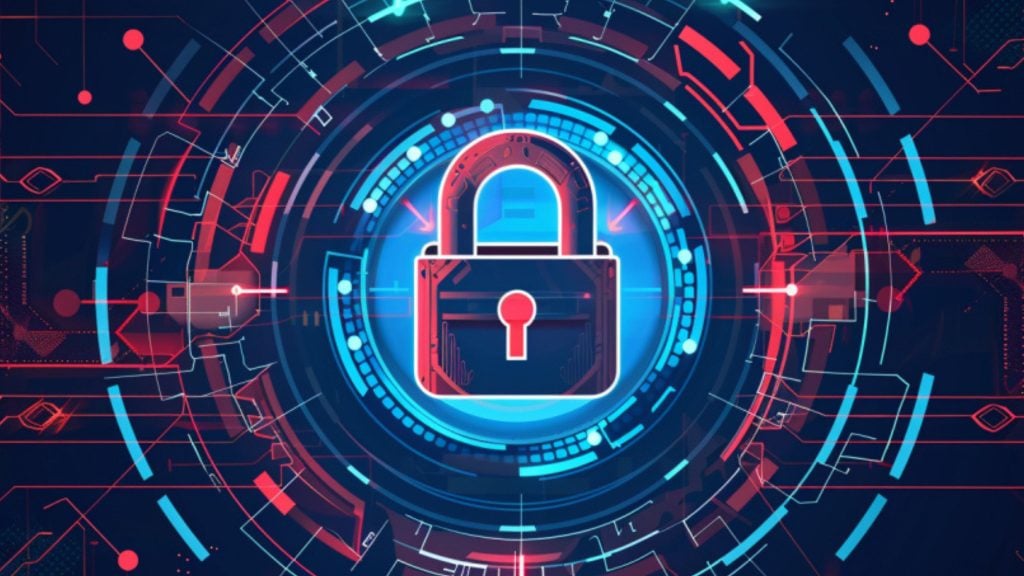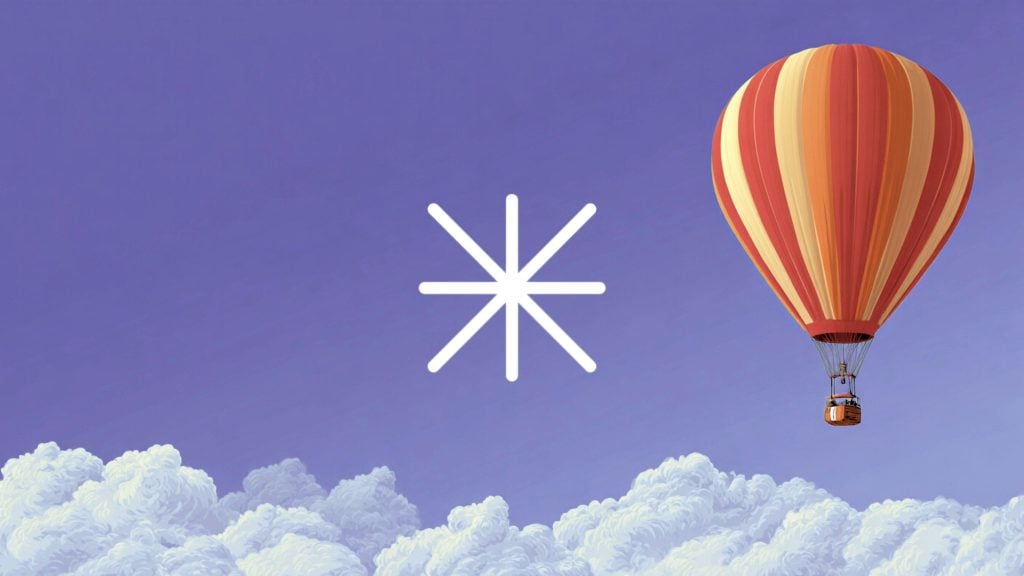Content screening and censoring of sensitive issues in China – among which Tiananmen Square, Tibet, and Taiwan – is now largely left to AI.
Censors working in Chinese internet companies say that the accuracy (or zeal) in content blocking has reached an unprecedented level, aided by machine learning and voice and image recognition.
Posts containing dates, images, and names relative to Tiananmen Square protests are automatically blocked. Even tourist-taken pictures of the square are sometimes unintentionally banned by the censoring bots, said one of the censors.
Three of the major tech firms in China – Bytedance, Baidu, and Weibo – declined or did not respond to requests for comments.
30 years after the Tiananmen riots – when the government sent its tanks to stop students and civilians from demanding democracy leaving hundreds, maybe thousands dead – the subject is still a taboo in China.
This year the social media ban targeted the LGBT community, labor and environment activists, and NGOs.
While censoring AIs are becoming more accurate, the policies that govern them are becoming stricter and affect a wide range of sensitive content. New policies are introduced by the Cyberspace Administration of China (CAC), a group officially set up and led by President Xi Jinping and committed to keeping ideological control of the web.
Last November the Cyberspace Administration introduced new regulations that made “falsifying the history of the Communist Party” an offense punishable by law for both platforms and users.
The CAC did not respond to a request for comment. However, one official that works there told Reuters that the increase in censorship is “very likely” to be linked to Tiananmen anniversary. “There is constant communication with the companies during this time,” he said, referring to “the sensitive period in June” instead of directly referring to Tiananmen’s protests.
In President Xi Jinping’s China, companies are largely responsible for their own censorship. Social media accounts are linked to real names and national ID numbers by law and companies are legally bound to hand over user information to the government when requested.
Companies that fail to properly censor are punished with bans ranging from days to weeks, with services made unavailable on app stores and online. Internet users and activists that spread ‘undesired’ information are punished with fines or even jail time.

